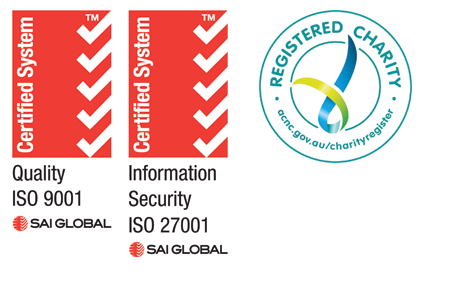Responding to humanitarian crises
By Andrew Masterson
Ongoing conflict across the Middle East brings multiple mental health impacts for individuals and communities across Melbourne.
Primary health networks are committed to addressing the local service gaps that arise as consequences of rapidly developing crises – whether the epicentre of these events is here or overseas.
We are also deeply committed to the principle of health equity – striving to ensure that services are available to all who need them, delivered in timely and culturally appropriate ways. This means recognising that the impacts of trauma arising from crises are not delineated by borders nor limited by faith.
In response to emerging demand for safe supports for people experiencing trauma and mental ill health responses to the humanitarian crisis in the Middle East, NWMPHN partnered with neighbouring South Eastern Melbourne Primary Health Network (SEMPHN) to coordinate a compassionate community response.
Key to this was the explicit recognition that health and wellbeing service providers formed within affected communities were best placed to coordinate, plan and deliver support.
Accordingly, NWMPHN provided funding to the Centre for Muslim Wellbeing (CMW), in Broadmeadows, to calibrate and deliver culturally appropriate assistance to Muslim and Arabic communities. The CMW created the Zaytouna Project (a name derived from the Arabic word for olives) to provide community mental health and wellbeing response.
NWMPHN and SEMPHN agreed to collaborate so that between them, they could mobilise a response across both their regions for affected people regardless of whether they are Muslim or Jewish. NWMPHN took the lead with Muslim response and SEMPHN led with the Jewish community.
“It was extremely important that we and SEMPHN found ways to respond meaningfully to the evident and growing need for wellbeing support services to these communities,” said Jag Dhaliwal, NWMPHN’s Executive Director, Service Development and Reform.
“Primary health networks are committed to partnering with community organisations and codesigning programs to ensure help is delivered in ways that are properly effective. In this as in all matters, one size most definitely does not fit all.
“Thanks to the organisations who worked closely with us, and the compassionate psychologists, counsellors, mental health providers and community leaders who were in turn empowered, this became a fine example of providing help in an environment of huge social and political tension.
“It’s a testament to everyone involved – and a wonderful expression of the tolerance and understanding of the people of Melbourne.”



